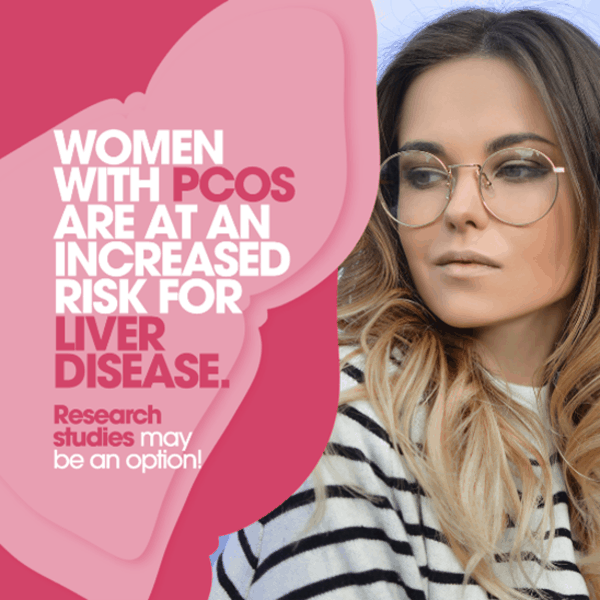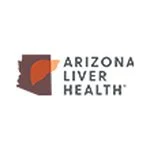
1 in 10 women of childbearing age is affected by polycystic ovary syndrome or PCOS. PCOS is caused by imbalanced reproductive hormones. In a healthy menstrual cycle, the ovaries make the egg that is released during the process, but with PCOS, the egg is not released or may not develop properly. Elevated male hormones (androgens) and insulin levels are contributing factors of PCOS. In addition to irregular cycles, weight gain, excess hair, and potential infertility issues, having PCOS doubles your risk for non-alcoholic fatty liver disease (NAFLD) and other metabolic complications.
PCOS and NAFLD Shared Mechanisms
Obesity and insulin resistance are common in women with PCOS. Insulin is a hormone the body produces that enables sugar to be converted into energy. Insulin also helps control the release and storage of fat cells. When there is a resistance to the effects of insulin, the sugar levels rise in the body. This triggers more insulin production to try and balance it out. The body also stores the fat instead of releasing it, making it harder to lose weight.
Non-Alcoholic fatty liver is a disease where too much fat begins to store in the liver, from non-alcohol-related causes. The liver has some fat in it typically, but inflammation is triggered when there is too much. As the body tries to repair itself, it can scar the liver with fibrosis, eventually damaging the liver if not treated. Risk factors for developing NAFLD are obesity, insulin resistance, and diabetes.
To bring it all together, two symptoms of PCOS (obesity and insulin resistance) are two of the major contributing factors in developing NAFLD. There is also a growing body of evidence that shows the role excess male hormone levels play in triggering the inflammation response in fatty liver disease.
The Silent Progression of NAFLD
How contributing factors of NAFLD and PCOS symptoms influence each other remains a mystery. Fatty liver disease often goes unnoticed until the later stages when it is more difficult to treat, or the liver is irreversibly damaged. More research is needed to understand the metabolic complications resulting from PCOS entirely. However, what we know now can still help. If you have PCOS, you need to act now to reduce your risk. This includes healthy lifestyle changes, regular activity, and ensuring your doctor is screening your liver regularly.

For the women living with PCOS and NAFLD, clinical research studies help improve how the disease is detected, treated, and eventually prevented. Volunteers participating in research studies for NAFLD make these advancements possible. If you have NAFLD and PCOS, clinical research studies may be an option for you. To learn more about the studies enrolling for NAFLD for women with PCOS here at Arizona Liver, call (480) 470-4000, or visit our website.
References:
https://www.womenshealth.gov/a-z-topics/polycystic-ovary-syndrome



